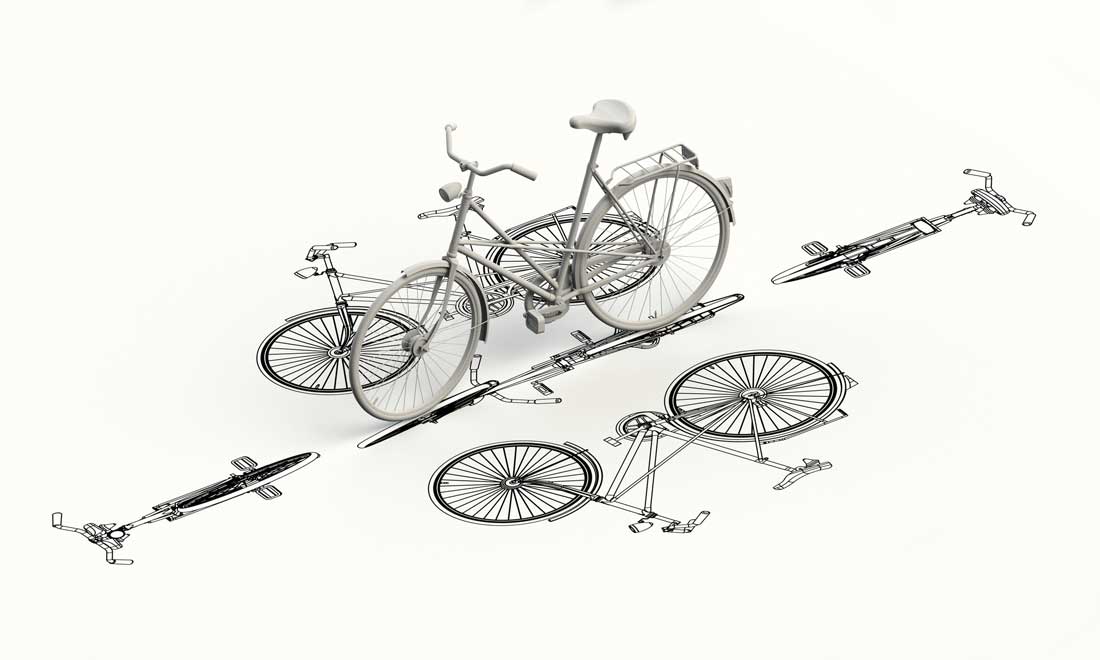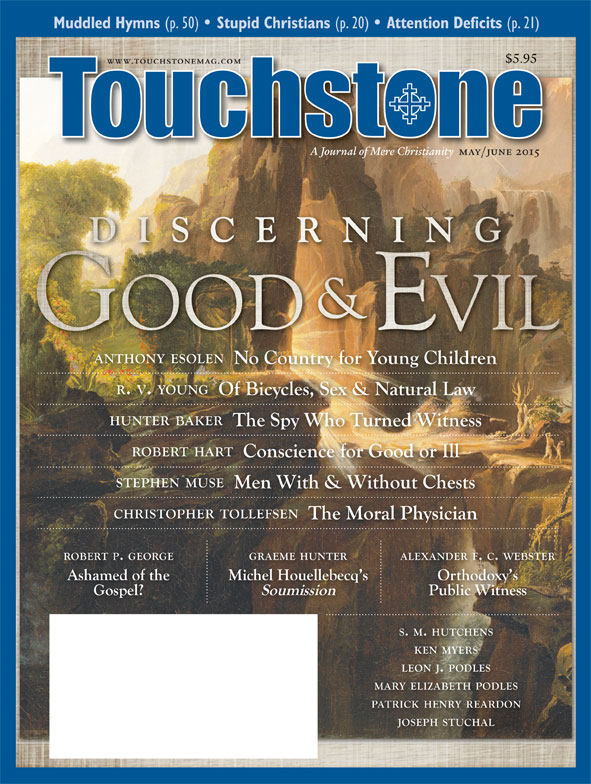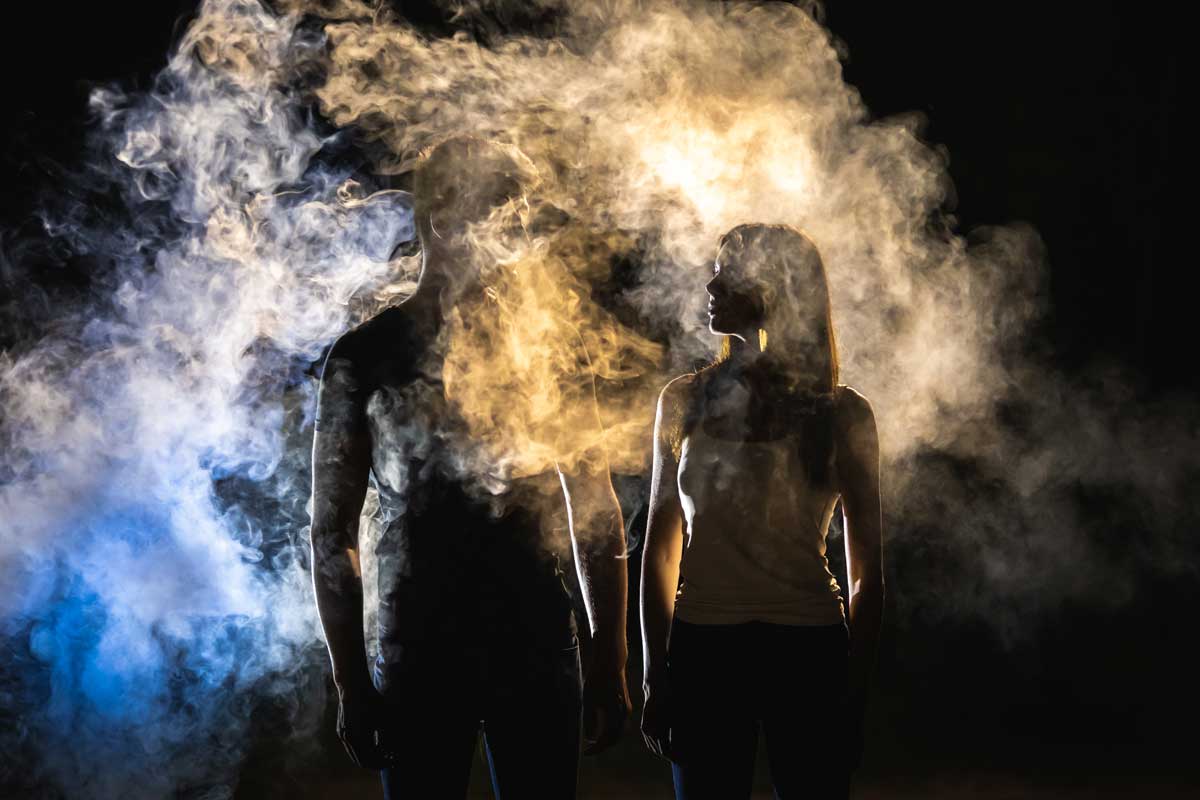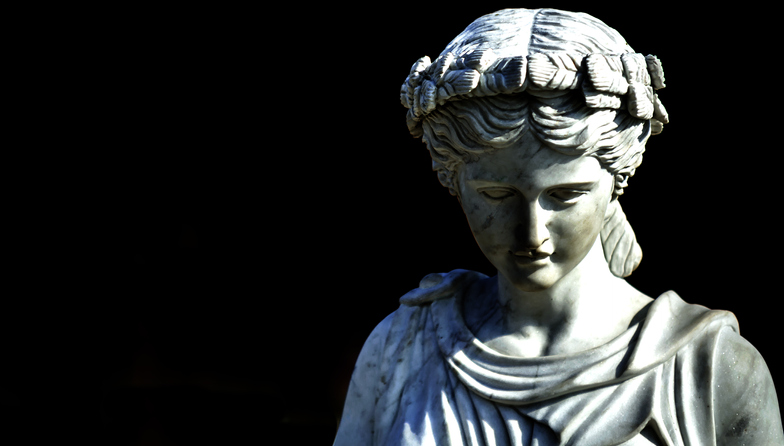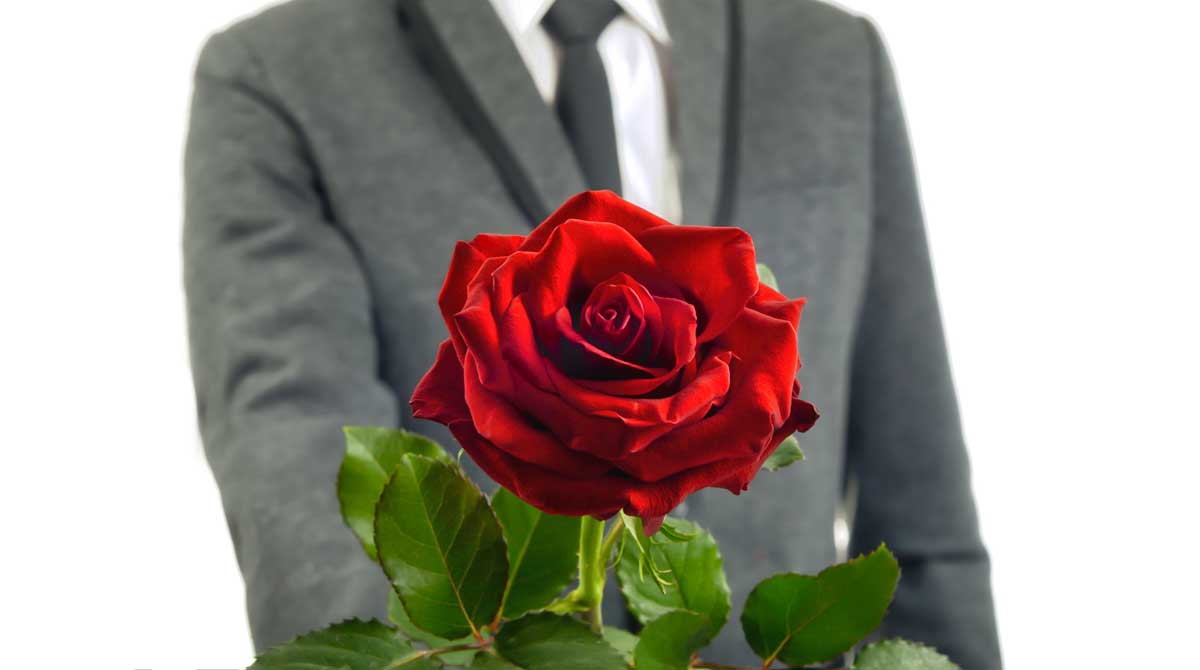Feature
Of Bicycles, Sex, & Natural Law
Describing Human Ends & Our Limitations Is Neither Futile Nor Unloving
Imagine that it is your birthday and you have just unexpectedly received a large pasteboard carton. You open it and find two large metal wheels with wire spokes rimmed by narrow rubber tubes, a tubular metal frame with a chain and two rotating rectangular appendages, a stainless steel object that somewhat resembles the horns of a stag, and several other pieces. Suppose you have seen others riding bicycles, but only at a distance, and you have never mounted one yourself. It takes a few minutes, but you figure out that what you have is a disassembled bicycle.
Now, having watched those others riding bicycles, it has occurred to you that cycling is probably fun as well as a faster means of transportation than walking. You set about assembling the contents of your package, eagerly anticipating the joy of cycling. You may approach this task hesitantly and make a few false starts. Nevertheless, fairly quickly you figure out that the various parts can only fit together in a certain way if you are to have a functioning bicycle.
Learning to get on, work the pedals, steer the device, and keep your balance may prove even more difficult than putting the bicycle together. Moreover, during the learning process you may fall a good deal and suffer some bruises and abrasions—to your ego as well as to your body. It is also necessary to learn how to interact safely and courteously with pedestrians and other cyclists and how to avoid being run down by cars. Still, once you have mastered the necessary skills, mental as well as physical, you find cycling an efficient, pleasurable, and generally satisfying means of transportation.
While it is true that you may be riding your bicycle mainly for pleasure or for healthful exercise, it is nonetheless undeniable that its purpose, its end, its nature is to be a means of transportation—a way of getting from one place to another. Its other benefits are ancillary.

To be sure, a "transgressive" contemporary artist may treat the bicycle as a "found object" and display it in a gallery. Along the trail where I do much of my own cycling, someone has placed a rusty old bike on top of an adjacent fence, and I have seen bicycle parts mingled with parts of garden implements, carpenters' tools, and the like to contrive rustic "sculptures" in gardens and parks. But the impact of these constructions—their wit, as it were—results from seeing the pieces of a bicycle and other such objects diverted from their usual or natural purposes to devise a kind of jocular, mock artwork. No reasonable person has a moment's doubt about the primary nature and purpose of a bicycle.
An Analogy
But, you may ask, what does this have to do with sex? Although sex and bicycles have little in common, there is an important analogy to be drawn. Like a bicycle, the sexual faculty of organic life has a very specific nature and purpose; hence, students of the biological sciences refer to the reproductive system. Among lower creatures that reproduce sexually, nothing seems to be going on except reproduction: it is improbable that salmon derive much pleasure from spawning, or that fruit trees establish interpersonal relationships from the transport of pollen from male to female specimens. Among more complicated and social creatures, those that tend their young or even mate for life, sexual relationships are, doubtless, correspondingly complicated and social.
But only among men and women does sexual reproduction become procreation, which involves (ideally) the formation of deep and permanent personal and spiritual intimacy between spouses and between them and their offspring, whom the parents not only nurture but also educate and cherish into adulthood. Even so, at its primitive core, the nature of sex is to provide new members of the species, just as the fundamental nature of a bicycle is to move the rider from one place to another.
Still, like the bicycle, which can furnish exercise and recreation, although not without hazard, so, too, sex offers an array of pleasures, comforts, and joys, although not without the possibility of heartbreak. But these additional benefits and risks do not alter the basic nature of either reality. Bicycles would not exist without the purpose of transportation, and without the purpose of procreation there would be no sexual faculty in living things.
R. V. Young is Professor of English Emeritus at North Carolina State University, a former editor of Modern Age: A Quarterly Review, and the author of Shakespeare and the Idea of Western Civilization (Catholic University of America Press, 2022). He and his wife are parishioners at St. Ignatius of Antioch Church in Tarpon Springs, Florida. They have five grown children, fifteen grandchildren, and three great-grandchildren. He is a senior editor of Touchstone.
subscription options
Order
Print/Online Subscription

Get six issues (one year) of Touchstone PLUS full online access including pdf downloads for only $39.95. That's only $3.34 per month!
Order
Online Only
Subscription

Get a one-year full-access subscription to the Touchstone online archives for only $19.95. That's only $1.66 per month!
bulk subscriptions
Order Touchstone subscriptions in bulk and save $10 per sub! Each subscription includes 6 issues of Touchstone plus full online access to touchstonemag.com—including archives, videos, and pdf downloads of recent issues for only $29.95 each! Great for churches or study groups.
Transactions will be processed on a secure server.
more on sex from the online archives
more from the online archives

33.2—March/April 2020
Christian Pro-Family Governments?
Old & New Lessons from Europe by Allan C. Carlson
calling all readers
Please Donate
"There are magazines worth reading but few worth saving . . . Touchstone is just such a magazine."
—Alice von Hildebrand
"Here we do not concede one square millimeter of territory to falsehood, folly, contemporary sentimentality, or fashion. We speak the truth, and let God be our judge. . . . Touchstone is the one committedly Christian conservative journal."
—Anthony Esolen, Touchstone senior editor





